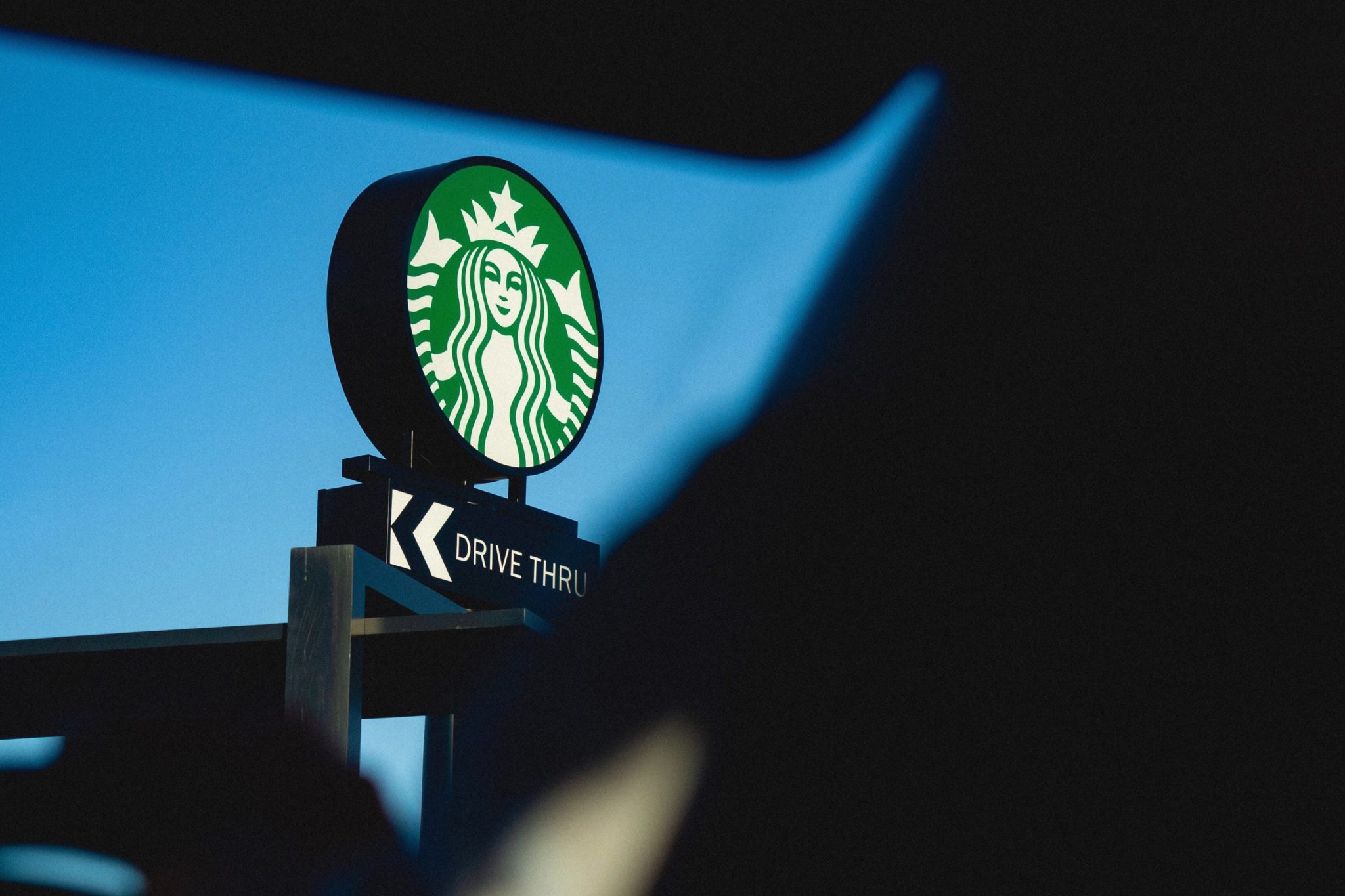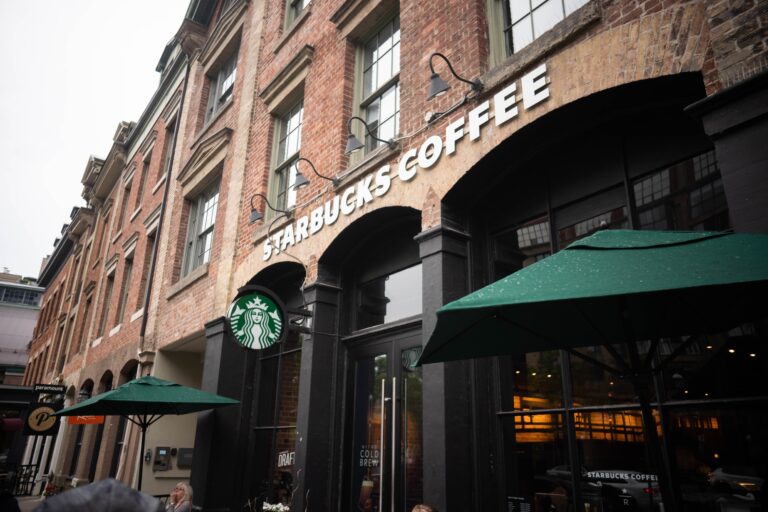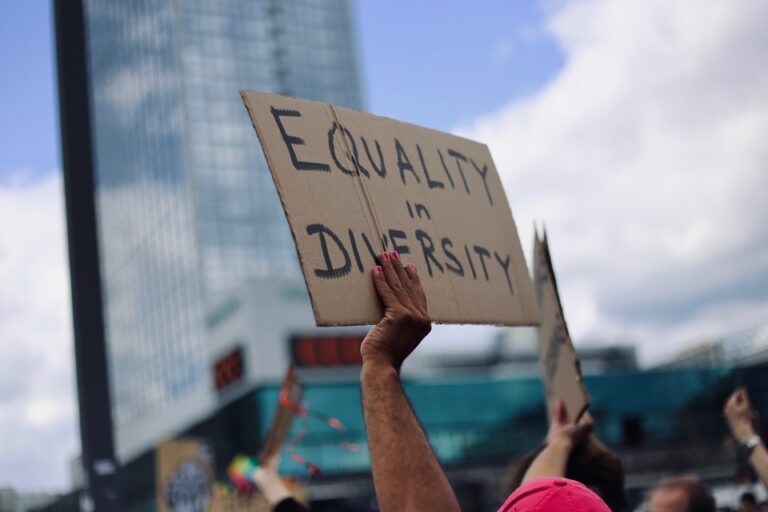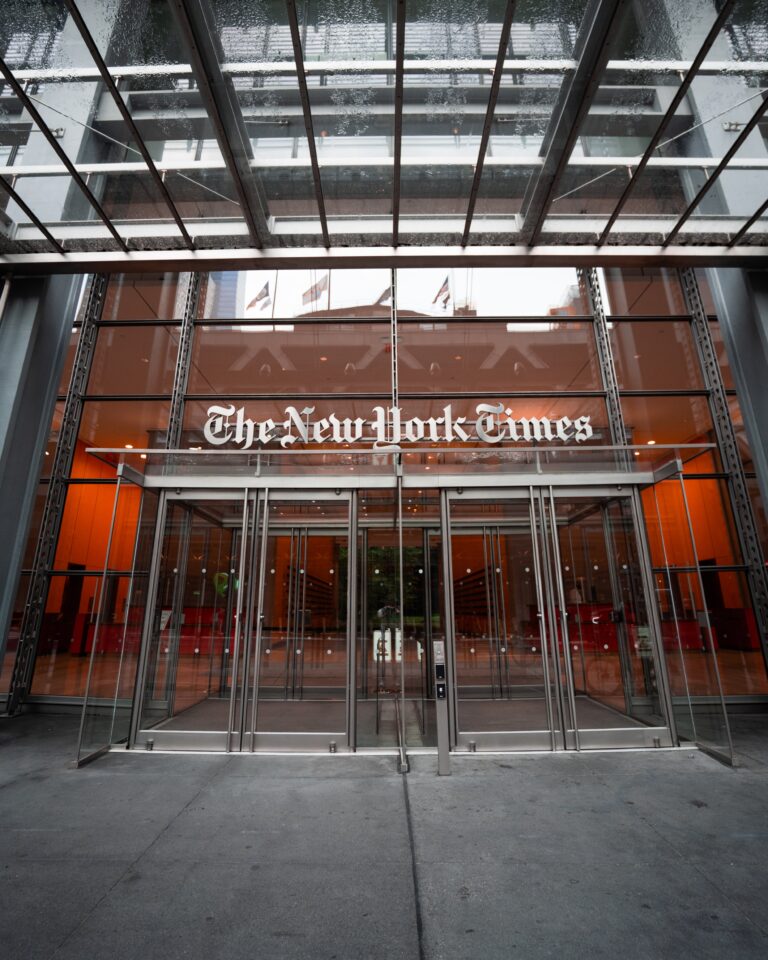
Catherine Fisk is the Barbara Nachtrieb Armstrong Professor of Law at UC Berkeley Law, where she teaches and writes on the law of the workplace, legal history, civil rights and the legal profession. She is the author of dozens of articles and four books, including the prize-winning Working Knowledge: Employee Innovation and the Rise of the Corporate Intellectual Property, 1800-1930, and Labor Law in the Contemporary Workplace. Her research focuses on workers at both the high end and the low end of the wage spectrum. She has written on union organizing among low-wage and immigrant workers as well as on labor issues in the entertainment industry, employee mobility in technology sectors, employer-employee disputes over attribution and ownership of intellectual property, the rights of employees and unions to engage in political activity, and labor law reform. She is the co-author, with UCI Law Professor Ann Southworth, of an innovative interdisciplinary casebook, The Legal Profession. Her current public service includes membership on the SEIU Ethics Review Board, the Board of Directors of the Wage Justice Center, and committees of the Law & Society Association. Prior to joining the founding faculty of UC Irvine School of Law, Fisk was a chaired professor at Duke Law School, and was on the faculty of the University of Southern California Gould School of Law and Loyola Law School in Los Angeles. She practiced law at a boutique Washington, D.C. firm and at the U.S. Department of Justice. She received her J.D. at UC Berkeley, and an A.B., summa cum laude, from Princeton University.
In the union-organizing campaigns of the 1930s, companies paid legions of spies to report everyone who attended a union meeting and what was said. Union meetings were held at night in pitch dark rooms so that no one could tell who else was there and who said what. Today, Starbucks needn’t hire spies. They just use subpoenas in civil litigation. In an outrageous decision, Judge John Sinatra, a Trump appointee in the Western District of New York, let them get away with it. The matter is now on appeal in the Second Circuit, and if the court of appeals does not overturn the ruling, it will turn any enforcement action brought by the National Labor Relations Board into a hunting license for companies to harass unions and workers.
The subpoena was issued in the NLRB’s litigation to obtain an injunction under section 10(j) of the National Labor Relations Act against Starbucks’ ongoing unfair labor practices against Starbucks workers in Buffalo and Rochester. The NLRB has alleged that Starbucks has illegally spied on workers engaged in union organizing, fired some union supporters and threatened others, promised increased benefits and better terms of employment if they refrain from unionizing, and refused to bargain in good faith. The NLRB will conduct a proceeding before an administrative law judge, as part of which both the NLRB and Starbucks will provide evidence in support of their allegations and defenses. The section 10(j) proceeding is designed to protect the organizing drive while that proceeding drags on.
Not content to follow the usual NLRA processes for gathering and presenting evidence in the administrative hearing, Starbucks tried to subpoena an enormous amount of confidential information about virtually every aspect of the entire nationwide Workers United campaign at every Starbucks across the country. They asked for things as fundamental to democratic engagement as the outreach workers had been doing to elected officials and all communications with print and broadcast journalists and on digital and social media. In other words, Starbucks has used the government’s effort to protect Buffalo and Rochester Starbucks workers from ongoing retaliation as a device to get the information Starbucks needs to retaliate against union supporters at its stores nationwide.
The judge ordered the union and the workers to produce a staggering number of emails, text messages, and records of other communications including:
- The names of workers who support and oppose unionization at Starbucks stores in Buffalo and Rochester, and the contents of their communications with the union.
- For workers in the rest of the country, all communications with the union, identifying the location of the store, but allowing the names of workers to be redacted.
- All information “relating in any way” to union communication with any media outlet “concerning union organizing, union elections and other union related matters” in Buffalo and Rochester and concerning Starbucks’ retaliation against workers nationwide.
- All information relating to union communications with Starbucks workers nationwide which concerned helping workers to speak to any media.
- All emails to the union since August 2021 from any Starbucks employee nationwide expressing interest in forming or supporting a union, attending a union meeting, or serving as a union representative.
- All documents relating to the timing of union elections nationwide, and everything related to reasons why Starbucks employees have said they do or don’t support the union.
The order is contrary to law for several reasons.
First, most of the information that Starbucks seeks though this subpoena is protected by section 7 of the NLRA, which prohibits interference, restraint, or coercion of workers’ rights to join or support a union. Under section 7, a company cannot force workers to reveal what they said to each other or to the union, or to name names of who supports or opposes the union, or to hand over passwords to private email accounts regarding union matters. The right to keep this information confidential is necessary to prevent retaliation. For that reason, in a series of cases going back decades, the NLRB has held that some communications among and between employees and union representatives are shielded from disclosure because they reveal employee section 7 activity or collective-bargaining strategy.
Second, the vast scope of the court-ordered production of information, much of which is irrelevant to the NLRB’s request for an injunction against ongoing Starbucks unfair labor practices in Buffalo and Rochester, violates the rule that litigants cannot use subpoenas or other civil discovery devices to harass their adversary. Indeed, it is a disciplinary violation for a lawyer to seek to do so. What workers nationwide have said to the union about their views on unionization has nothing to do with whether Starbucks workers in Buffalo or Rochester should be protected from retaliation. But forcing the union staff and lawyers to find, review, and make available to Starbucks’s lawyers tens of thousands of emails and text messages sent or received in the last 15 months will cost an enormous amount of time and money. Indeed, even the emergency appeal seeking to overturn the judge’s order takes time and money that union staff and lawyers can ill afford. Given the irrelevance of most of the material, the subpoenas serve little purpose other than harassment.
Third, some of the information the judge ordered the union to produce will reveal the union’s litigation strategy; it is therefore protected from disclosure under the attorney work product doctrine. Some may be protected from disclosure by NLRB doctrine intended to protect against witness intimidation that could follow release of NLRB investigative materials.
Fourth, the First Amendment casts doubt on the portion of the district court order compelling production of names or other information that could identify those who belong to or support the union at stores where no election petition is pending. In NAACP v. Alabama, the Supreme Court reversed a lower court order compelling the NAACP to produce membership lists in litigation because disclosure would burden freedom of association and had no bearing on the issues in the litigation. In International Union v. Garner, a court extended the rationale of NAACP v. Alabama to information about those who attended union meetings and signed authorization cards.
Lawyers for Starbucks are cleverly seeking to turn the NLRB’s proceeding to get an injunction against ongoing unfair labor practices at several Starbucks stores in western New York state into a device to get confidential information about the entire Workers United organizing campaign. If the Second Circuit does not overturn the district judge’s order, it will license lawyers to use civil litigation to attack workers and their unions nationwide.










Daily News & Commentary
Start your day with our roundup of the latest labor developments. See all
January 27
NYC's new delivery-app tipping law takes effect; 31,000 Kaiser Permanente nurses and healthcare workers go on strike; the NJ Appellate Division revives Atlantic City casino workers’ lawsuit challenging the state’s casino smoking exemption.
January 26
Unions mourn Alex Pretti, EEOC concentrates power, courts decide reach of EFAA.
January 25
Uber and Lyft face class actions against “women preference” matching, Virginia home healthcare workers push for a collective bargaining bill, and the NLRB launches a new intake protocol.
January 22
Hyundai’s labor union warns against the introduction of humanoid robots; Oregon and California trades unions take different paths to advocate for union jobs.
January 20
In today’s news and commentary, SEIU advocates for a wealth tax, the DOL gets a budget increase, and the NLRB struggles with its workforce. The SEIU United Healthcare Workers West is advancing a California ballot initiative to impose a one-time 5% tax on personal wealth above $1 billion, aiming to raise funds for the state’s […]
January 19
Department of Education pauses wage garnishment; Valero Energy announces layoffs; Labor Department wins back wages for healthcare workers.